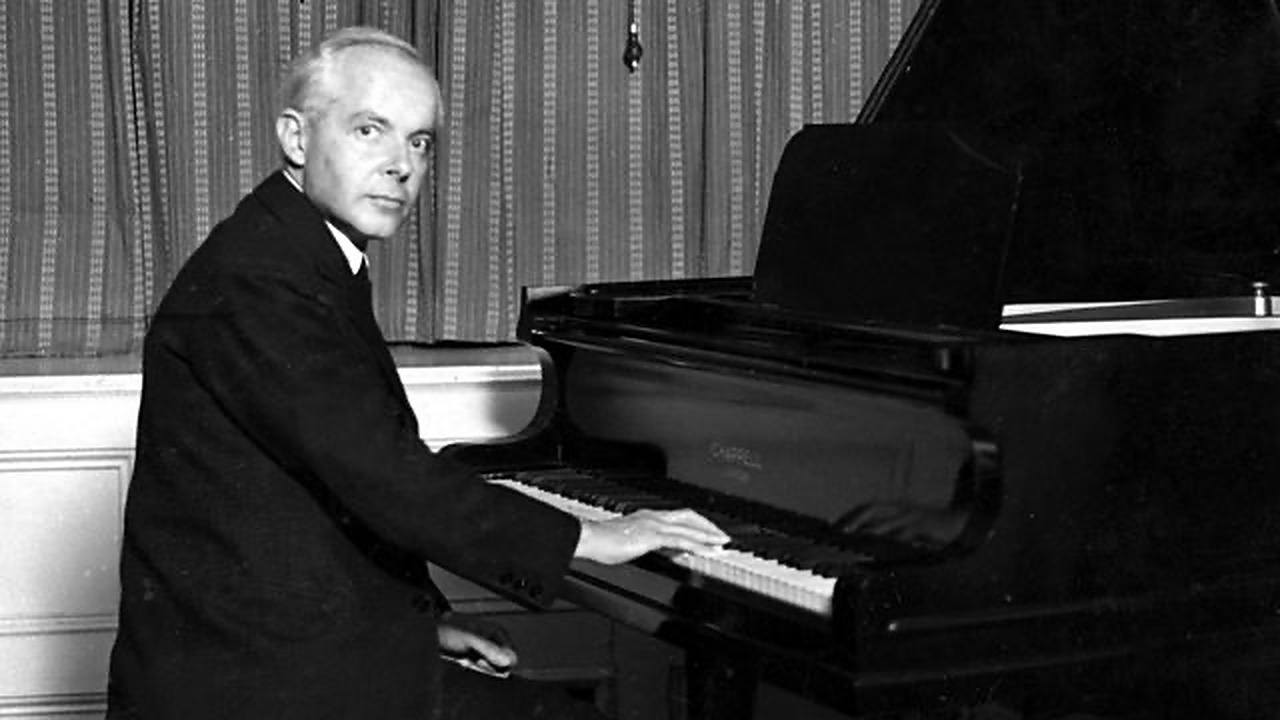Bartók’s First Violin Concerto: A Portrait of Idealized Love
For fifty years, Béla Bartók’s Violin Concerto No. 1, Sz. 36 was treated much like a forgotten love letter relegated to the bottom of a dusty drawer. Completed in 1908, thirty years before Bartók wrote the monumental work we now know as Violin Concerto No. 2, Sz. 112, the First Concerto remained unpublished until 1956, after the composer’s death. Its posthumous premiere, performed by Hansheinz Schneeberger, occurred two years later in Basel, Switzerland. …






